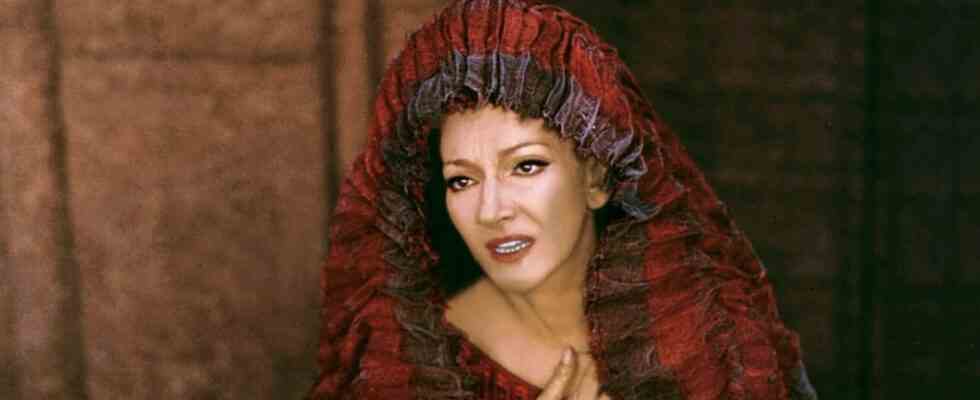Do we have to think of Pier Paolo as an unlucky man? This lifelong hatred of the Italian petty bourgeoisie, from which he wanted to break free, the hostilities he faced as a homosexual, the fanaticism with which bourgeois society attacked his films, accusing them of blasphemy and pornography. This loneliness, this insecurity. He loved the boys from the Roman sub-proletariat, but the proletariat as a class remained alien to him. Sometimes he was suspicious of his own intellectuality, then his formulas became evil and sharp to the point of being unbearable. Hedonistic fascism he called modern consumer society. His friend, the writer Alberto Moravia, said he had terrible taste in clothes, whether it was crocodile skin shoes, sweaters with colorful dots or swimming trunks.
Cinema was always secondary to Pasolini, writing came first for him, powerful, heartfelt poems and stories, or nasty columns in the major Italian newspapers. When he came to Paris, he was taken aback by the fact that he was not noticed at all as a writer in France. He kept his distance from the young cinema there, the Nouvelle Vague, unlike his friend Bernardo Bertolucci, who quickly fell in with the boys of the Cahiers du Cinema together. Pasolini lived in the same house in Rome with Bertolucci – who was an assistant on his first film “Accattone”. Every morning he would take him to the shoot in his Alfa Romeo, and on the drive he would tell him about the dreams of the night before. Later, when they shot their films “Novecento” and “Salò”, brutal reckonings with fascism, in neighboring locations in northern Italy, the two teams played football against each other in the evenings.
Pasolini wanted to create a cinema of poetry, and that, he said, had to be very simple, popular: “You know, the technology, that’s a myth.” In “Accattone” he films like this, lots of close-ups, little camera movement. “It’s my way of seeing reality as a sacred phenomenon. And the sacred is very simple.” It’s only logical that the films he made soon after would include a documentary in which he asks people about love and sex on the street, and then “The Gospel of Matthew.”
He knows everything.
He thinks. he doubts But he knows everything.
He knows more than heaven knows.
He would do anything for what he knows.
He puts on a fresh shirt, ties
changes his tie – and does it.
He throws the bird he is holding into the fire, takes the camera and films what everyone, whether they want to or not, understands:
the animal that uses its wings to rekindle the fire in which it burns.
At some point he identifies the main enemy – the “consumerism” of the present
The cinema was an archaic field for him, terrain of myths – first that of the Roman sub-proletariat, later the great ancient sagas, a film about Oedipus, one about Medea, with Maria Callas as the matriarch, a foreign body in the agrarian primitive society with its caves and undulating surreal buildings. A diva who passionately covets and coolly oversees human sacrifice. In Africa he was looking for actors for an African Oresteia (“Appunti per un’orestiade africana”). In three films he finally celebrated love, freedom, the orgasm, based on three works of world literature, Boccaccio, Chaucer and the fairy tale from “One Thousand and One Nights”.
Then in June 1975 he wrote a retraction of this trilogy of life, in Corriere della Sera: “In the meantime, however, everything has turned into the exact opposite. Firstly: the progressive fight against censorship and the fight for sexual freedom have been ruthlessly swept away, since consumerism has decided to grant broad (and thus fundamentally wrong) tolerance. Secondly: even the ‘reality’ of the innocent body has been violated, manipulated, subjugated by consumerism, more precisely, this violence against the human body has become the universal characteristic of the new human epoch.” A bitter reckoning with the Anything Goes propagated by postmodernism. Pasolini was working on “Salò o le 120 giornate di Sodoma”, based on the novel by De Sade. In November he was brutally murdered on the beach in Ostia, and the murder has not yet been fully clarified.
“Salò” is monstrous and perverse. At the end of the war, four upper-class fascists retreat to a villa, where they humiliate, torment and torture young people. The archaic is barbaric in Pasolini’s films, again and again human sacrifice and cannibalism. “I killed my father, I ate human flesh and I tremble with joy,” says the savage in the bizarre pamphlet film Porcile. The fact that culture civilizes archaic life, but at the same time alienates and destroys it, this turmoil characterizes Pasolini’s films, brings out the trauma of his life and the realization: “It’s better to have people as enemies than the gods.”

